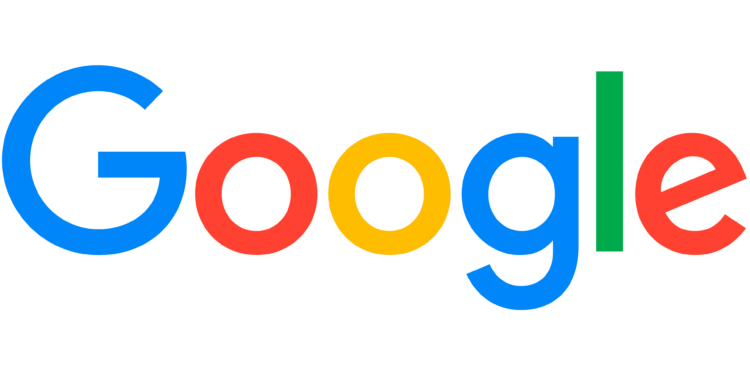Google’s Ad Tech Monopoly on Trial
Mumbai: In 2009, a Google executive declared a bold ambition in an internal meeting: to “crush” rival ad networks and cement Google’s dominance in digital advertising. This statement, now central to a major antitrust trial, sheds light on Google’s alleged aggressive strategies to monopolize the ad tech industry. The U.S. Department of Justice (DoJ) and a coalition of states have accused Google of stifling competition in publisher ad servers, advertiser ad networks, and ad exchanges, according to a Reuters report.
The trial, which commenced on September 9 in the U.S. District Court for the Eastern District of Virginia, could reshape the future of digital advertising. The DoJ argues that Google’s acquisitions and internal policies were aimed at eliminating competition and securing an unfair market advantage. Central to this case is Google’s $3.1 billion acquisition of DoubleClick in 2007, a move that gave Google control of more than 50% of the market for open-web display transactions. Through further acquisitions of Invite Media and AdMeld, Google is accused of exerting dominance over both supply and demand in the digital advertising ecosystem.
David Rosenblatt, Google’s former President of Display Advertising, testified that Google’s strategy focused on gaining control over the entire advertising chain. The DoJ contends this approach has stifled competition and innovation, harming both publishers and advertisers. Tim Wolfe, Gannett’s SVP of Revenue Operations, is among the witnesses expected to testify. Gannett, the largest U.S. newspaper publisher, has its own lawsuit pending against Google, accusing it of monopolizing ad technology markets through deceptive practices.
If the court finds Google guilty of violating antitrust laws, the company could face significant penalties, including divestitures of key business units such as Google Ad Manager. The implications of this trial extend far beyond the U.S., with the potential to trigger global regulatory scrutiny of Google’s practices.
Google denies all allegations, insisting it faces stiff competition from tech giants like Amazon, Microsoft, and Meta. Lee-Anne Mulholland, Google’s VP of Regulatory Affairs, argued that the company’s ad tech products are chosen for their affordability, effectiveness, and ease of use. She pointed to a competitive landscape filled with companies such as Disney, Comcast, Walmart, and Target, all offering similar services.
While the DoJ seeks a more open ad tech ecosystem, potentially benefiting independent ad tech companies, Google warns that the case could harm small businesses by driving up costs and reducing ad quality.
The trial’s outcome could lead to three key scenarios:
Breakup of Google: If found guilty, Google could be forced to break up its ad tech business, potentially dismantling its ad management platforms.
Concessions: Google may be required to offer concessions or reach a settlement with authorities to avoid a full-scale breakup.
Industry Shift: A ruling against Google may open up the ad tech market, providing new opportunities for independent ad tech companies and fostering a more competitive landscape.
As the trial progresses, the stakes couldn’t be higher—not just for Google, but for the entire digital advertising industry. The coming weeks will determine whether one of the world’s most powerful companies will face the consequences of its alleged monopolistic practices.







